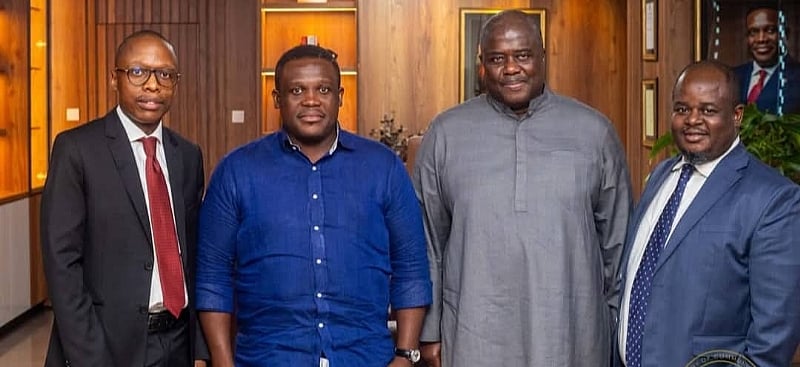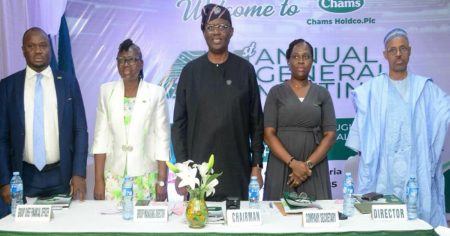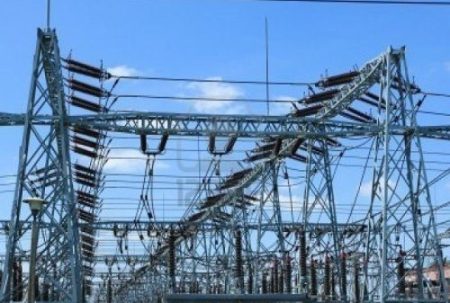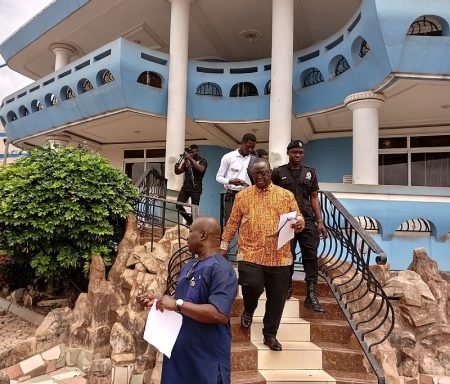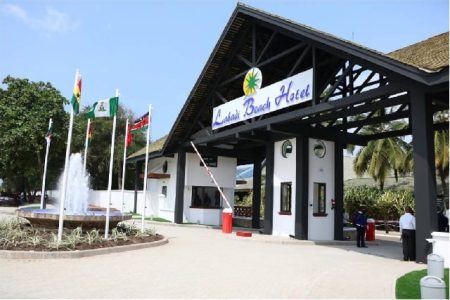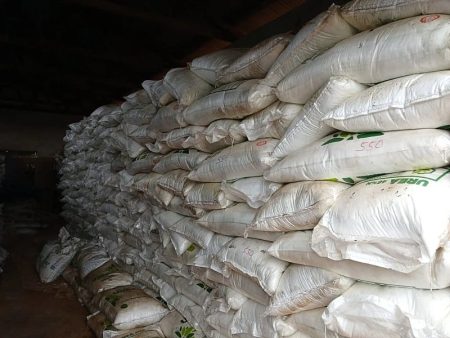The Ghanaian government, represented by Minister for Communication, Digital Technology, and Innovations, Samuel Nartey George, has taken a decisive stance against MultiChoice Ghana, the provider of DSTV satellite television services, demanding a 30% reduction in subscription rates. This forceful demand stems from a combination of factors, primarily the significant appreciation of the Ghanaian cedi against other currencies, coupled with growing public discontent regarding the perceived high cost and stagnant quality of DSTV’s content offerings. The Minister argues that the substantial strengthening of the cedi, exceeding 30% over the past five months, warrants a corresponding decrease in subscription fees to reflect the improved economic conditions. He dismissed MultiChoice’s promotional upgrades as insufficient, emphasizing that Ghanaians expect tangible and permanent price reductions, not merely temporary bonuses.
Minister George’s call for a price reduction resonates with the widespread sentiment among Ghanaian subscribers that DSTV’s content no longer justifies its cost. Many subscribers reportedly view the English Premier League as the sole compelling offering, with the remaining content deemed outdated and unengaging. This perceived decline in content quality, coupled with the unchanged subscription prices despite the cedi’s appreciation, has fueled public frustration and calls for government intervention to ensure fairness and value for money. The Minister has given MultiChoice a deadline of July 21st to submit a formal proposal outlining a revised pricing structure that addresses these concerns, setting the stage for further negotiations before the end of the month.
Beyond pricing, the meeting also addressed critical issues surrounding content piracy and local content development. Minister George expressed serious concerns over the proliferation of unauthorized DSTV decoders within Ghana. This illicit trade not only undermines the legitimate operations of MultiChoice but also deprives the Ghanaian government of revenue and disrupts the country’s media landscape. He urged MultiChoice to strengthen its efforts to combat piracy and called for stricter enforcement and regulatory oversight to curb this illegal activity.
Furthermore, the Minister emphasized the importance of investing in local content production. He urged MultiChoice to increase its commitment to showcasing and promoting Ghanaian productions, arguing that this would stimulate job creation and foster the growth of Ghana’s creative industries. He revealed the government’s ongoing development of a comprehensive broadcasting bill that will mandate progressively higher quotas for local content across all broadcasting platforms, reflecting a commitment to nurturing and showcasing Ghanaian talent and storytelling.
Dr. Keabetswe Modimoeng, representing MultiChoice, responded positively to the Minister’s concerns, acknowledging the company’s responsibility to meet consumer expectations while maintaining a sustainable business model. He pledged to provide an official response within the stipulated timeframe, addressing the pricing concerns and outlining MultiChoice’s plans to address piracy. He also affirmed the company’s commitment to collaborating with the Ghanaian government on initiatives to promote local content development.
This meeting underscores the Ghanaian government’s proactive approach to safeguarding consumer rights, ensuring media accountability, and promoting indigenous content creation. These objectives are central to the government’s broader digital transformation agenda, which aims to leverage technology to drive economic growth, empower citizens, and strengthen Ghana’s position in the global digital economy. The government’s firm stance on DSTV pricing signals a commitment to holding media companies accountable and ensuring that consumers receive value for their money in a rapidly evolving media landscape. The emphasis on tackling piracy and promoting local content further demonstrates the government’s dedication to fostering a vibrant and sustainable media ecosystem within Ghana.
The government’s intervention reflects a growing trend of governments across Africa taking a more active role in regulating the media landscape and protecting consumer interests. This comes at a time when digital platforms are increasingly dominant, and concerns are rising regarding pricing, content accessibility, and the impact on local industries. The outcome of the negotiations between the Ghanaian government and MultiChoice will likely set a precedent for similar discussions in other African countries, shaping the future of media consumption and production across the continent.
The demand for a 30% price reduction highlights the sensitivity of pricing in a market where affordability is a significant factor for consumers. The government’s argument, linking the price reduction to the appreciation of the cedi, underscores the need for pricing structures to reflect local economic realities. This also raises broader questions about the pricing models of multinational companies operating in developing economies and the need for greater transparency and responsiveness to local market conditions.
The concern over outdated content and the reliance on the English Premier League as a key attraction exposes challenges faced by content providers in catering to diverse audience preferences. This underscores the need for continuous investment in content acquisition and development to maintain subscriber engagement. It also highlights the growing importance of local content, as audiences increasingly demand content that reflects their own cultures and experiences.
The issue of piracy represents a significant challenge for both content providers and governments. The influx of illicit decoders undermines the business models of legitimate operators and deprives governments of tax revenues. The call for stronger enforcement and regulatory oversight underscores the need for collaborative efforts between governments and industry players to combat piracy effectively. This requires a multi-pronged approach, including technological solutions, legal measures, and public awareness campaigns.
The emphasis on local content development aligns with a growing global trend towards promoting cultural diversity and supporting local creative industries. The government’s plan to introduce a broadcasting bill mandating higher local content quotas demonstrates a proactive approach to fostering local talent and ensuring that local stories are represented on screen. This also reflects a recognition of the economic potential of the creative industries and their contribution to job creation and economic growth.
The meeting between the Minister and MultiChoice represents a crucial moment in the evolution of the media landscape in Ghana. It highlights the increasing importance of dialogue and collaboration between governments and media companies to address the complex challenges facing the industry. The outcome of the ongoing negotiations will have significant implications for consumers, content providers, and the broader media ecosystem in Ghana. It will also serve as a valuable case study for other African countries grappling with similar issues of pricing, piracy, and the promotion of local content in the digital age.





